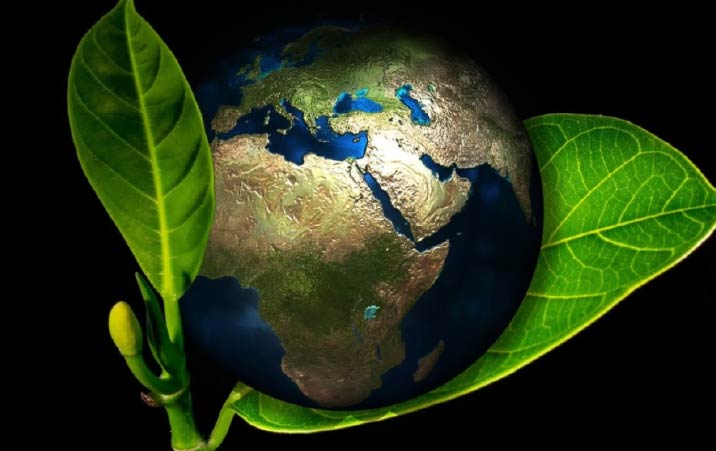Increasing population, global warming and the current global health crisis are causing collateral damage to our environment and accelerating the negative effects of climate change. From exploiting common resources that lead to environmental damage, it is critical to raise awareness, empower the young, and educate the enthusiasts to unify the people for a better Earth.
It improves their capacity to gather data, compute and define risks and scenario planning for the future, plan for climate change emergencies and recuperate from the negative impacts that we face as the human race.
So, if you are an environment lover and want to keep Earth safe, here are the top 10 courses to help our planet:
1. Environmental Engineering
Environmental engineers utilize the knowledge of engineering, soil science, and chemistry to create answers for ecological issues. They likewise address worldwide issues, for example, contaminated drinking water, environmental change, and ecological imbalance.
They should have a four-year certification in environmental engineering or a related field, like civil, chemical, or general engineering.
2. Environmental Science
Environmental science and experts break down natural issues and find answers for them. For instance, numerous environmental researchers and experts work to recover lands and water bodies that have been tainted by contamination.
For most positions, environmental researchers and scientists need at least a four-year certification in natural science.
3. Geoscience
Geoscientists utilize a wide assortment of devices, both basic and complex. On regular days, they use hammers and chisels to gather rock samples and afterward use digging tools such as radar equipment to look for oil or mineral samples.
Geoscientists need a four-year certification for most first-step positions. Nonetheless, enthusiasts start their practice as geoscientists with a graduate degree also.
4. Atmospheric Science
Atmospheric researchers utilize exceptionally created instruments and computer programs such as weather balloons, radar systems, and satellites to screen the climate and gather information.
Barometric researchers need a four-year degree in meteorology or related studies of the earth sciences field for most positions. For research positions, atmospheric researchers need a graduate degree at least, however, normally will require a Ph.D.
5. Biochemistry Global Health Sciences
Biochemists and biophysicists utilize trend-setting innovations, like lasers and fluorescent magnifying instruments, to lead logical investigations and examinations. They are engaged with biotechnology research to utilize chemicals to orchestrate recombinant DNA.
The biophysicists need a Ph.D. to work in independent innovative work positions. For bachelors and master program holders, they are equipped for some entry-level positions in biochemistry and biophysics.
6. Conservation Science
Preservation scientists oversee, improve, and protect the country’s natural reserves. They work with private landowners and the bureaucratic, state government, and neighboring countries to discover approaches to utilize and improve the land while defending the climate.
Conservation scientists help farmers and other horticultural administrators on how they can improve their region for agricultural purposes and to control erosion. They commonly need a four-year degree in forestry or a related study.
7. Hydrology
They study how rain, snow, and other forms of evaporation effect water bodies or groundwater levels. They examine what water means for the climate and water cycle and how changes to the climate impact the quality and amount of water.
Hydrologists require a four-year college degree; however, a few specialists start their vocations only after a graduate degree.
8. Urban and Regional Planning
Urban planners find local regions that need improvement and development. As a space develops or changes, planners assist communities with dealing with the required financial, social, and ecological help, like arranging new parks, shielding the homeless, and making the area appealing for the business.
9. Agriculture and Food Science
Agriculture and food researchers play a significant part in protecting and increasing the nation’s food supply as well as stock.
They try to comprehend the organic and chemical cycles by which produce, and livestock develop. Farming and food researchers need a four-year college degree, albeit many procure postgraduate degrees too.
Some researchers also acquire a Doctor of Veterinary Medicine (DVM) degree, before beginning practice.
10. Meteorology
Meteorologists use science and math to comprehend and anticipate climate and the environment. They additionally concentrate on what the barometrical and climate conditions mean for the earth and its residents.
To become one, they need a four-year college degree in atmospheric science or a related field that is explicit to environmental sciences. Degrees in physics, chemistry or geoscience might be sufficient for specific positions.
COURTESY – INDIA TODAY








